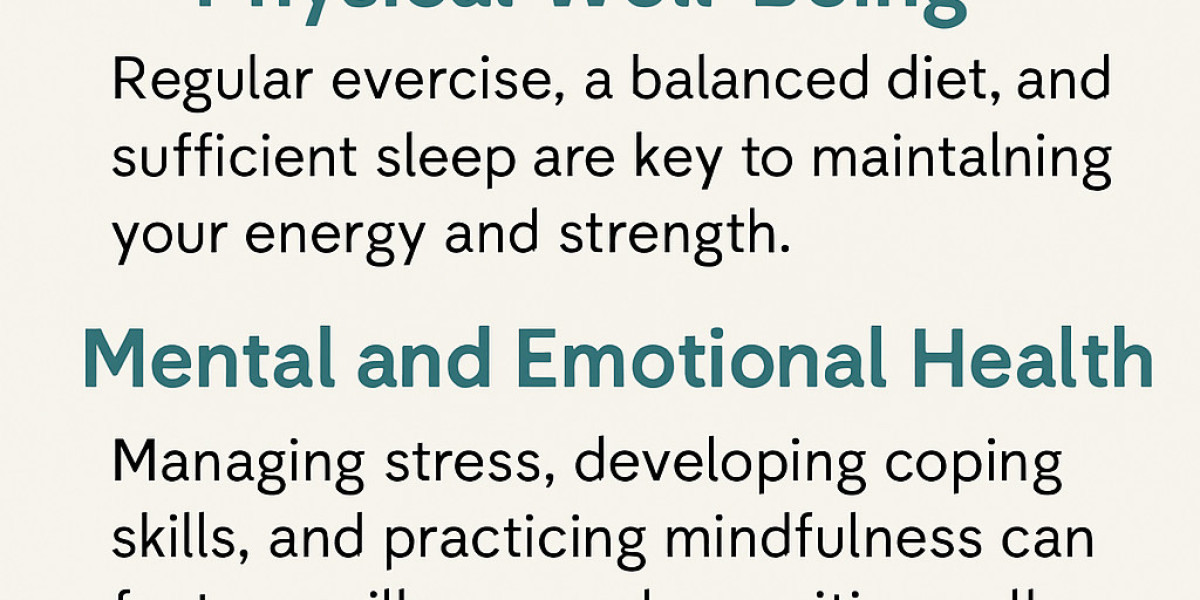Pests like rodents, insects, and other critters can contaminate food, spread diseases, and even cause structural damage to your home. The good news is that you don't have to deal with these pests alone. With the right prevention strategies and pest control services, you can protect your family and ensure a safe, healthy living environment.
Understanding Common Household Pests
Before diving into pest control methods, it's important to understand which pests are most likely to invade your home. Identifying common household pests and their behaviors can help you develop a more effective strategy for managing and preventing infestations.
Rodents – Mice, rats, and squirrels are some of the most common pests found in homes. They are known for their ability to squeeze through small gaps, making it easy for them to enter even the tightest spaces. Rodents are not only a nuisance but also carry diseases like salmonella, hantavirus, and leptospirosis. Additionally, they can cause significant damage by chewing on wires, insulation, and structural components of your home.
Insects – Many insects, such as ants, cockroaches, termites, and bedbugs, are notorious for invading homes. These pests can contaminate food, spread bacteria, and cause discomfort to residents. Bedbugs, for example, can cause itchy bites and disrupt sleep, while termites can silently destroy wooden structures.
Spiders – While many spiders are harmless, some can pose a danger to your family. Black widow and brown recluse spiders are venomous, and their bites can lead to serious health problems. Even non-venomous spiders can be unsettling for many people, leading to an uncomfortable living environment.
Ants and Other Crawling Insects – Ants are one of the most persistent pests that invade homes. They often enter through cracks and crevices in search of food or water. While they don't typically carry diseases, they can contaminate food and make your home less pleasant.
By understanding these pests and their habits, you can begin to take steps to protect your home and family.
Why Is Pest Control Important?
Effective pest control is essential for maintaining a healthy and safe home environment. Pests can cause a range of problems, from health risks to property damage. For example, rodents can gnaw through wires, potentially causing electrical fires. Meanwhile, termites can silently weaken the structure of your home, leading to costly repairs.
Additionally, many pests can trigger allergies and asthma in sensitive individuals. Cockroaches, for instance, release proteins that can aggravate respiratory conditions, especially in children. Ants, mice, and rats also bring allergens into your home that can impact your health.
If you're looking for reliable solutions, finding pest control near me is a great first step. A trusted pest control provider can help you identify the specific pests in your area and recommend the most effective methods for eliminating them.
Steps to Prevent Pest Infestations
The best way to protect your family from household pests is to prevent them from entering your home in the first place. Here are some practical steps you can take to safeguard your living space:
1. Seal Entry Points
Pests can find their way into your home through the smallest gaps and cracks. Inspect your home for any potential entry points and seal them with caulk or weatherstripping. Pay close attention to areas around windows, doors, and pipes.
For example, rats and mice can squeeze through holes as small as a dime, while ants may enter through tiny cracks in the foundation. By sealing these entry points, you can significantly reduce the chances of an infestation.
2. Maintain Cleanliness
Pests are attracted to food and water sources, so keeping your home clean is crucial for pest prevention. Regularly wipe down countertops, sweep floors, and clean up spills promptly. Make sure food is stored in sealed containers, and avoid leaving crumbs or food scraps around the house.
It’s also important to dispose of trash regularly and keep garbage cans sealed tightly. If you have a pet, clean up after them and ensure their food is stored properly.
3. Remove Standing Water
Many pests, including mosquitoes and ants, are drawn to water sources. Leaky faucets, pipes, and even standing water in trays under plants can create an ideal environment for pests to thrive. Repair any leaks and eliminate standing water as soon as you spot it.
4. Trim Vegetation Around Your Home
Vegetation can act as a bridge for pests, especially insects and rodents. Trees and shrubs that touch your home can provide easy access for pests like ants, spiders, and even squirrels. Trim back any vegetation that is in contact with your home’s exterior, and keep branches and bushes well-maintained.
5. Use Screens on Windows and Doors
Installing screens on windows and doors is an effective way to keep insects out while allowing fresh air to circulate. Make sure the screens are in good condition and don’t have any holes or tears. This simple step can significantly reduce the number of pests entering your home.
6. Regular Inspections
Even with preventative measures in place, it's important to regularly inspect your home for signs of pests. Check for droppings, gnaw marks, or nests in hidden areas such as basements, attics, and crawl spaces. Early detection is key to preventing larger infestations.
If you notice any signs of pest activity, contact a pest control professional right away.
Professional Pest Control Services
While DIY methods can be effective for minor infestations, sometimes the best solution is to call in a professional pest control service. Pest control experts have the experience, tools, and knowledge to handle infestations of all sizes and types of pests.
For residents in Mansfield, Texas, pest control Mansfield TX offers expert services to address pest problems with efficiency and precision. Professional pest control services can help you identify the root cause of an infestation, implement targeted treatments, and prevent future problems.
A professional service can also offer ongoing maintenance plans to ensure that pests don't return. These plans may include regular inspections, preventive treatments, and advice on keeping your home pest-free.
Eco-Friendly Pest Control Options
Many homeowners are concerned about the environmental impact of chemical pesticides. Fortunately, there are eco-friendly alternatives available. Organic pest control options use natural ingredients to repel or eliminate pests without harming the environment. Some examples include:
Diatomaceous Earth – This natural substance is effective in eliminating insects like ants and cockroaches. It works by drying out their exoskeletons and causing dehydration.
Essential Oils – Certain essential oils, like peppermint, citronella, and eucalyptus, are known to repel pests. Using these oils in diffusers or sprays can help keep insects at bay.
Biological Control – This method involves introducing natural predators of pests into your environment, such as releasing ladybugs to control aphid populations.
If you're looking for eco-friendly solutions, be sure to ask your pest control provider about their green options.
Conclusion
Protecting your family from common household pests requires a combination of prevention, regular maintenance, and professional pest control services. By taking proactive steps to seal entry points, maintain cleanliness, and address any signs of infestation early, you can significantly reduce the risk of a pest problem in your home.
For more help in ensuring that your home remains pest-free, consider reaching out to professional services like pest control near me, which can offer customized solutions tailored to your specific needs. Whether you need a one-time treatment or ongoing support, a trusted pest control provider can make all the difference in keeping your family safe and healthy.







